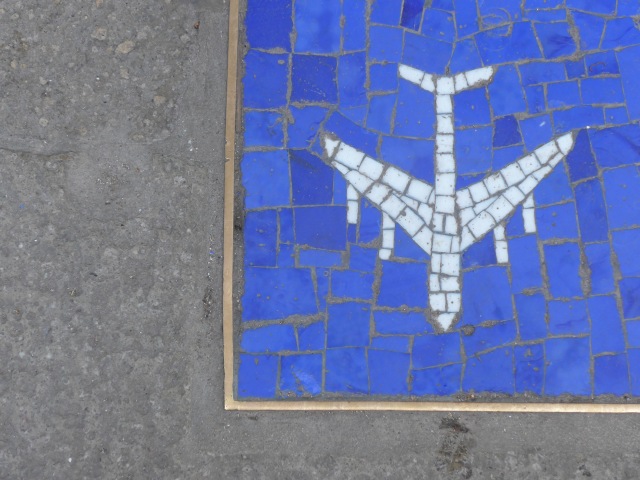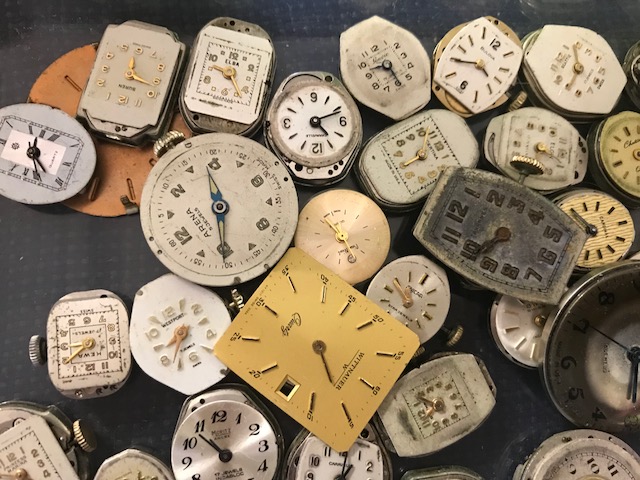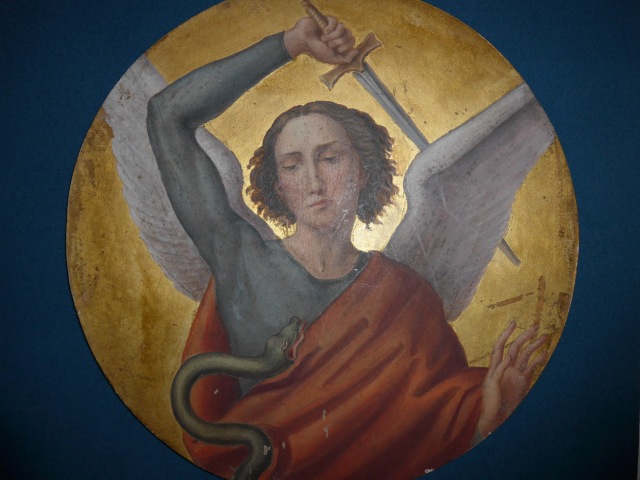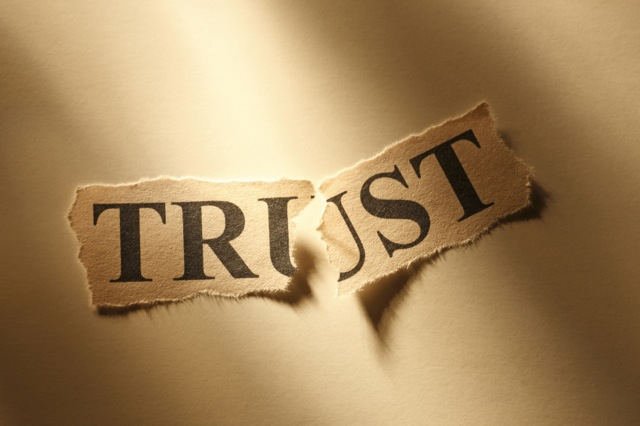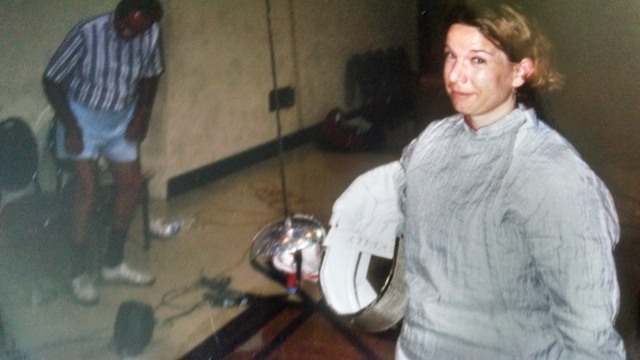
I do love this photo of my late mother and me. I always found her glamorous. In this photo she’s probably 28 or 29, as she left my father when she was 30.
By Caitlin Kelly
The Guardian has been running a fascinating series recently, of essays by women who don’t want to have children, and it includes a 6:57 video with five interviews of women ages 22 to 45, explaining their feelings as well.
Here’s an excerpt from the essay by American novelist R.O. Kwon:
Throughout history, people without children – women, especially – have often been persecuted, mistreated, pitied, and killed for their perceived lack. In ancient Rome, a woman who hadn’t borne children could legally be divorced, and her infertility was grounds for letting a priest hit her with a piece of goat skin. (The blows were thought to help women bear children.) In Tang Dynasty China, not having a child was once again grounds for divorce. In the Middle Ages, infertility was believed to be caused by witches or Satan; worse yet, an infertile woman could be accused of being, herself, a witch. In Puritan America, it wasn’t just having no children that was suspect. Giving birth to too many children could be perilous, too, and grounds, yet again, for being condemned for a witch.
Also in the US, enslaved women were expected to have babies, and were routinely raped, their potential future children considered a slaveholder’s property. Some of the only times women without offspring have garnered respect might be when they have formally devoted their lives to a god, and to celibacy: nuns, vestal virgins.
Which brings us to a word I haven’t yet used, but which often is levied against childfree women like me: selfish. Despite everything, it’s still common to view parenting as a moral imperative, to such an extent that voluntarily childfree people can be viewed with such outsize emotions as anger and disgust
The series is interesting, with reasons from not making enough money or not wishing to pass on a genetic disposition to addiction to having watched their own mother really resent having had children.
I knew from childhood I didn’t want kids, for several reasons:
— My mother started having manic breakdowns when I was 12, several times when I was alone with her and with no one to turn to for help or advice. It was terrifying and overwhelming. I felt burdened too young with too much responsibility, “parentified.”
— I wanted to become a journalist, especially (initially) a foreign correspondent, a job that makes parenthood pretty much impossible since you live out of a suitcase, travel constantly and have to be ready 24/7 to go where the news is happening, often with little or no notice.
— Journalism. It pays badly compared to many other industries, is very insecure (much worse now), offers a lot of obstacles to making better wages. Without money, raising a child, I knew, would be really stressful. And the hours can be terrible; news happens 24/7 and night, weekend and overnight shifts, if you even have a job now, are real at every stage of one’s career.
— My parents didn’t care. Neither pressed me hard to have kids and neither ever showed interest in doing what many grandparents do — move in or move closer to help out, offer financial aid for a nanny or helping me acquire better/larger housing to make parenthood more comfortable.
— Bodily autonomy. While I know some women absolutely adore being pregnant and breastfeeding, I had heard too many horror stories. The idea of carrying someone inside me for nine months, then being put through the agony of labor, then 20+ years of someone relying on me utterly? Not a chance.
— Freedom. As some of the women in the Guardian series say plainly — this has offered me tremendous freedom, in work, in partners, in where I live, in how I work.
— Weird parenting. Having done a lot of therapy, I had to be persuaded that my childhood was in some ways deeply neglectful, because it was materially privileged but, often, handed off to others. I spent ages 8 to 16 at boarding school (8 to 13) and summer camp, all summer, every summer. My parents, it seemed, just didn’t want me around. So why would I choose to have kids when they found it so…unappealing?
I know, everyone thinks we’re selfish. Because women without children have chosen a life that’s not spent, de facto, in service of others for decades — breast-feeding, changing diapers, rushing to the ER for the latest bleeding wound, doctor and dentist and teachers’ appointments.
It also makes clear that a woman who is not subservient to the needs of others ahead of her own, always, is deeply suspect.
Why not, missy?
Some people make a lot of rude and unfounded assumptions about us:
that we hate kids (I don’t); that we are incapable of sustained sacrifice (hello, work?!); that we shun intimacy (ask our husbands, partners and friends); that no one will care for us in old age (hah! as someone often estranged from my own parents, this is a fantasy.)
I’m in awe of the time, energy and attention it takes to be a good and loving mother!
I just didn’t want the job.



